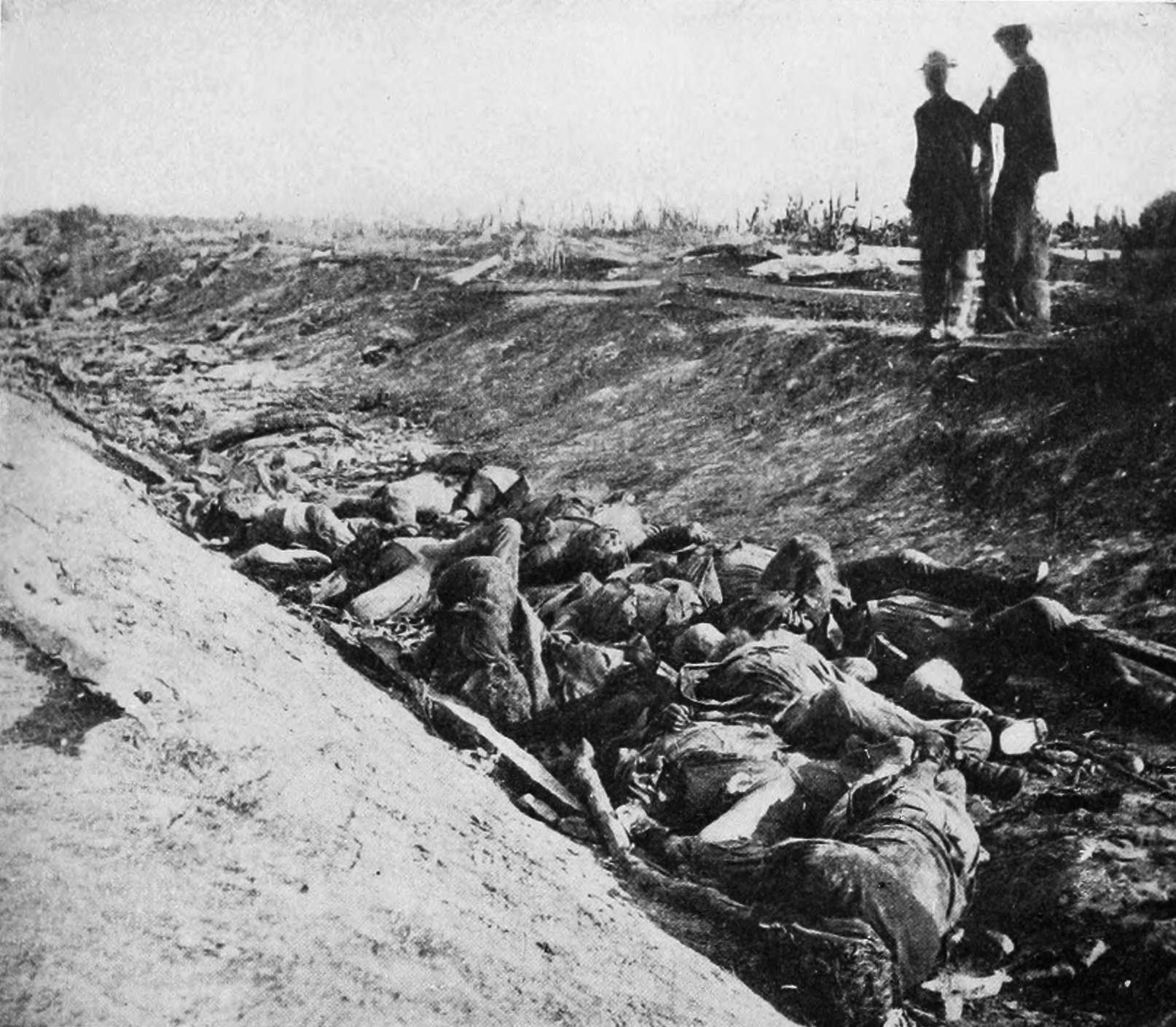It occurs to me that few of the people discussing the causes of the Civil War seem familiar with such things as the statistical technique of path analysis, the critical path method of operations research, or the WWW path analysis method used by experts in online marketing. The point I would make is that it is useful to think of structures of causality. Proximate causes of the Civil War were themselves caused by more distal causes.
At the other end of the causality chain, it is too bad that the British had not outlawed slavery before 1492, and that American culture was warlike. If the states had not been arrayed in a South to North line, their geography would not have favored so different an economic basis as existed between the deep south and New England, and perhaps the difference in cultures would not have led to war. I could go on.
If one thinks of causal models in other contexts, it often seems that there are many factors, each of which makes an event more probable. Thus as people think of the causes of cancer there seem to be both genetic and environmental causes. In terms of genetics, it seems increasingly likely that there are a number of genes that each make cancer more likely, and that they interact in complex ways. So too, there are many carcinogenic substances and the more one is exposed to these, the greater the probability that a tumor will be created. Perhaps one might think of the causes of the Civil War in this way as well -- a number of factors which combined to make the war more and more probably until it finally occurred. Surely even at the time of the Revolutionary War, some leaders were worried that the differences among the colonies would result in a failure of the union, and indeed the colony in Canada did not join the Revolution.
It also seems useful intellectually to differentiate the reasons that a war occurred at all from the reasons that the war occurred in 1861. Clearly the immediate trigger of the war was the election of 1860 and its result, but equally clearly that would not have caused a war had the conditions not been as they were.
The Civil War of course would not have occurred had the southern states not seceded from the Union and had the northern states not gone to war to preserve the Union. Thus one might consider separately the causes for the decision of each side. It is clearly an error to reify either side, treating it as unified making a reasoned decision. On each side there were many factions and those factions interacted according to the political institutions imposed by their culture. In the South, the slaves had a very different view of the war than the white power structure, but the views of the slaves were not influential. In the North, too, there were anti-war factions that did not manage to win the debate for their views. Clearly there were people who went to war not to achieve "the goals of their side" but out of solidarity with their friends and neighbors. Recall that before the Civil War, people referred to the states in the plural -- "the United States are" .... It is only after the Civil War that we began to say, "the United States is"....
Is there a lesson from this analysis, for example for the wars in Iraq and Afghanistan? Certainly not a simple one since the situations are so different. Perhaps we can conclude that understanding the causes of a war in any satisfying way is difficult, if not impossible. I think we can conclude that an important cause is a failure of imagination on each side, as our limited rationality means we never fully predict the course of a war and its aftermath, nor do we fully explore the alternatives to war and the ways to achieve a better alternative.


No comments:
Post a Comment